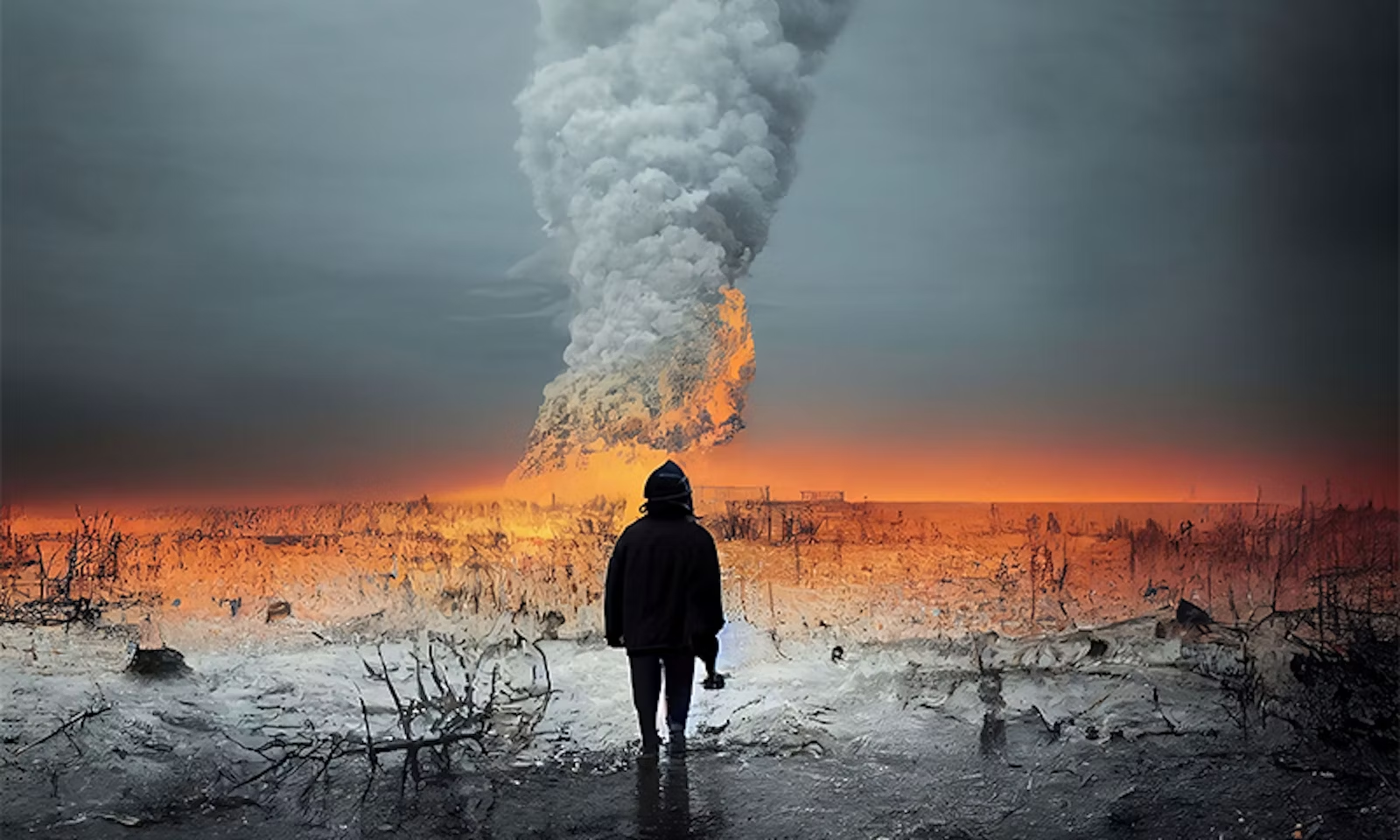- Details
- Written by: Kamran Mofid
- Hits: 11187
First published on 22 June 2025
Ferdowsi, the Poet and Storyteller-Who Captured a People's Soul, Heart, and Imagination

A copy of Shahnameh via Sam Fogg Ltd, London
Nota bene
In the wake of the Woman, Life, Freedom movement, the war with Israel, and the ongoing socio-political, legitimacy and identical crises and protests in the country, Ferdowsi's Shahnameh remains urgently relevant for Iran today as a foundational text for national identity, cultural pride, and linguistic preservation, offering enduring ideals of justice, morality, heroism, and Iranian values amidst contemporary political, economic, and environmental crises, acting as a cultural shield against pressures that threaten to erode unique Iranian heritage. His epic poem provides a narrative of a glorious pre-Islamic past, inspiring a vision of a strong, culturally distinct Iran, and serves as a touchstone for themes of freedom and ethical governance, human rights and human dignity, contrasting with current challenges brought about by 47 years of theocracy and attempts at ‘Arabisation’ of Iran, its language and identity. All said and done, Ferdowsi provides an essential cultural and identical anchor, reminding Iranians of their rich and deep history, unique language, the language of the sages, poets and philosophers of love, as well as the enduring Persian values, making his work an urgent tool and point of reference for maintaining cultural continuity and inspiring future national aspirations.
Ferdowsi the saviour of persia, culture, language, heritage, and civilisation
'When asked recently why the vast majority of Egyptians, the heirs to a great pre-Islamic civilization, speak Arabic rather than Coptic, a leading Egyptian historian replied: ‘Because we had no Ferdowsi.’
- Details
- Written by: Kamran Mofid
- Hits: 136
'Oscar Wilde once said, “Man is least himself when he talks in his own person. Give him a mask, and he will tell you the truth.” Art provides a way to communicate experiences when individuals lack verbal skills or when words are insufficient. Humans evolved artistic expression as an imaginative tool for adapting to changing conditions and solving problems.'-Girija Kaimal, associate professor in the Creative Arts Therapies, Drexel University and president-elect of the American Art Therapy Association 'Nonverbal therapy helps people work through trauma and build resilience.'
'Nonverbal therapy helps people work through trauma and build resilience.'
Photo credit:Via AmericanScientist
Today (Friday 9 January 2026) I read an inspiring and meaningful editorial in the Guardian which very much resonated with me-The Healing power of art, culture, poetry, music, visiting museums, art galleries, going to concerts, gigs, and more. To me this editorial makes a lot of sense.
In August 2023 my wife, Annie, had a life-changing stroke, resulting in many forms of disabilities, physical as well as emotional. For a while after the stroke we were consumed with fear, hopelessness, anxiety and despair. Then, suddenly out of the blue, we rediscovered our love and passion for arts, art galleries, museums, concerts, gigs and more, things that we had always valued and enjoyed.
- Details
- Written by: Kamran Mofid
- Hits: 172
‘My library was my lifework, and I didn’t know if I, or it, would survive the night’

Photo created by Kkonda via Shutterstock/Nautilus Magazine
‘A moment that changed me: in the bombed-out ruins of an apartment block, I saw a book I’d translated’
‘The sight of my work, torn and singed but still legible, made me realise the importance of translating and protecting stories – so they remain when everything else falls away.’-Amir Mehdi Haghighat
‘In the rubble of a collapsed apartment block, a single image stayed with me: a book I had translated from English to Persian, lying half-buried in dust and ash. Its cover was torn and smudged, its pages curled and singed, but it was still legible. Still speaking.
- That Was the Year That Was - 2025
- Bells are ringing everywhere heralding the hope of the New Year
- ‘A Christmas Carol’: A timeless tale of redemption, compassion, hope, and transformation
- Embracing the Winter Solstice-The Shortest Day and the Longest Night
- Christmas is the time to Weave a Tapestry of HOPE To Hear the Angels Sing
